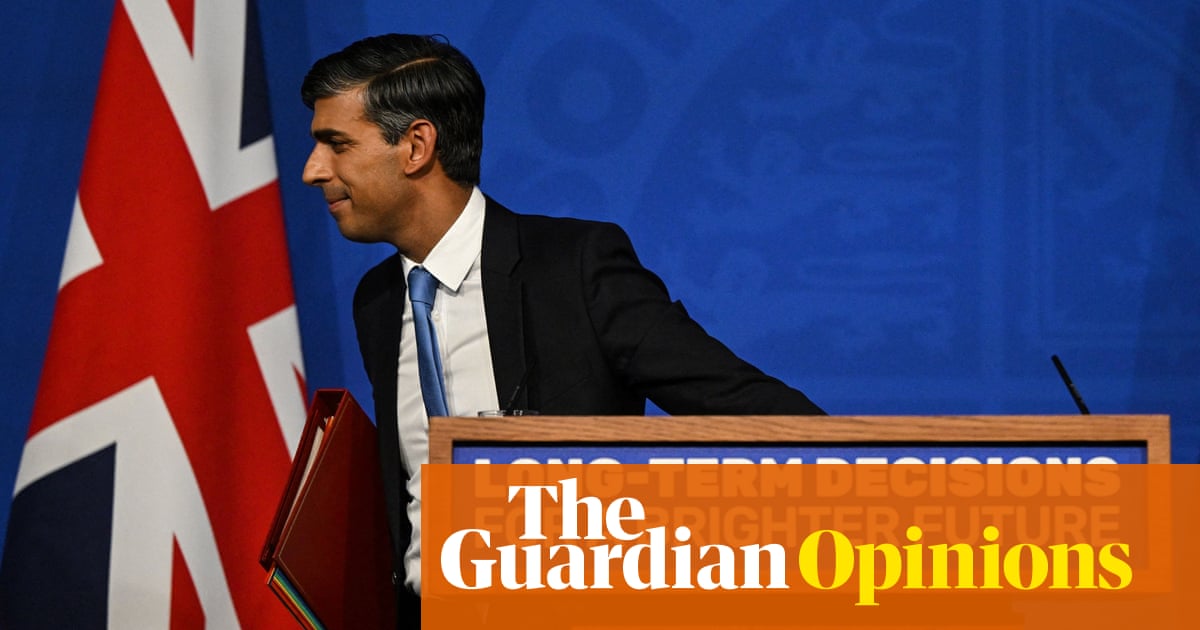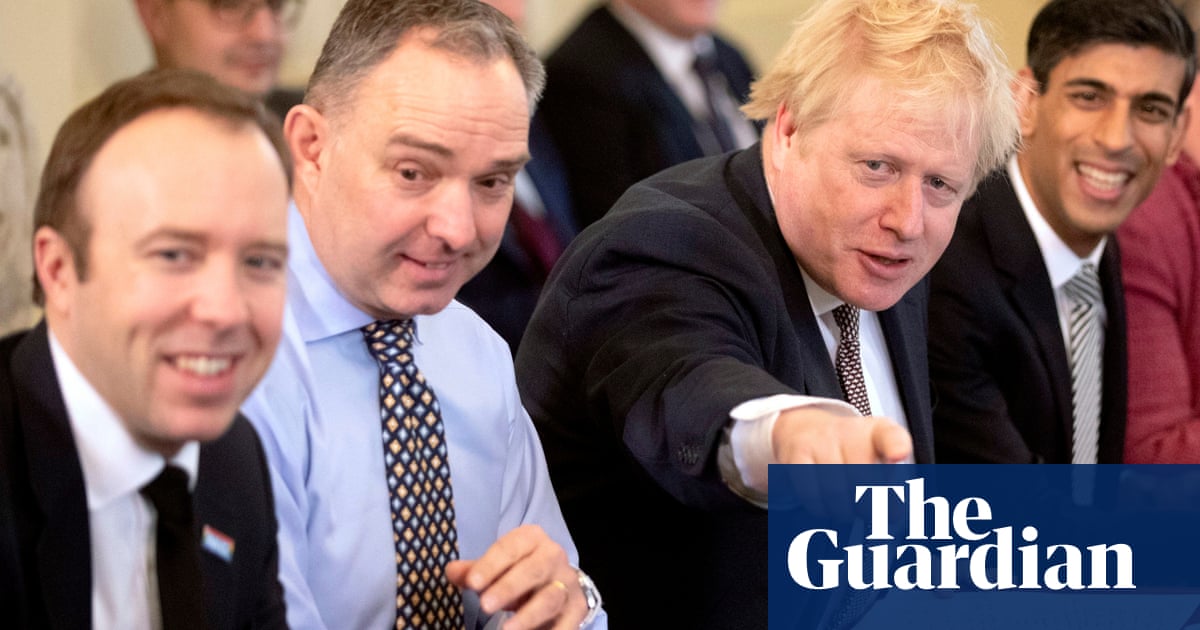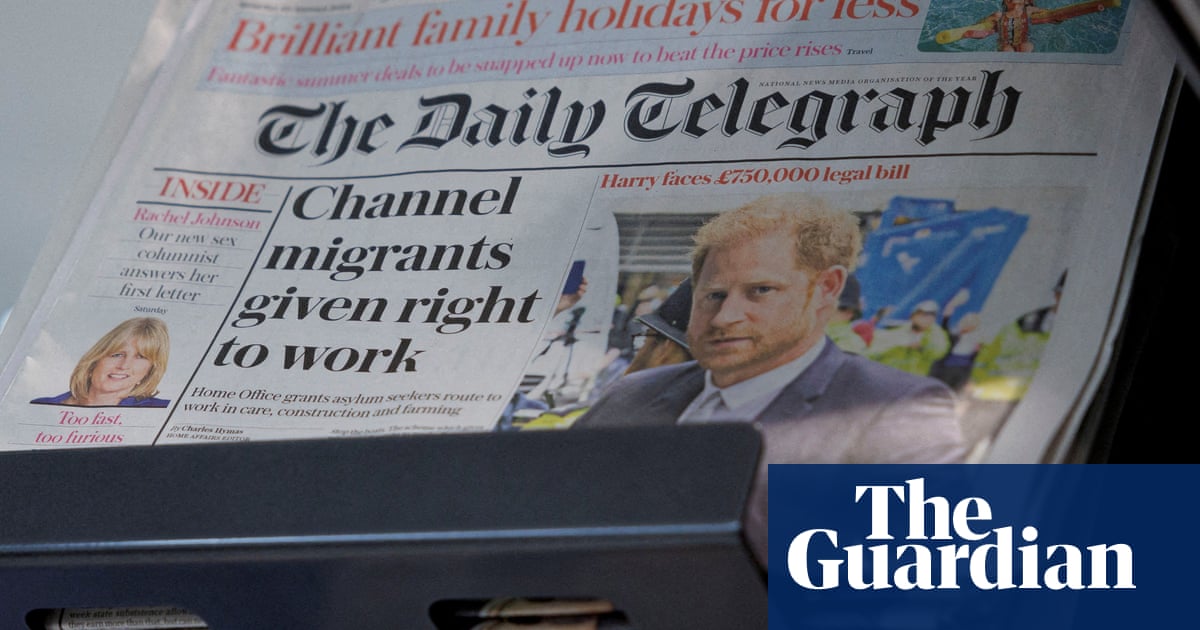
The Tory party has long been divided on the environment. MPs in “red wall” seats tend to look at the costs associated with the transition to net zero and question the wisdom of a rush that could cost votes. But colleagues in southern seats often wear their environmental credentials proudly – and have been known to put the phrase “net zero champion” in their social media bios. This group see being green and proud as key to keeping swing voters from defecting to the Liberal Democrats or, worse, Labour.
Until recently, it’s the latter group that’s had the greater numbers. The supportive Conservative Environment Network has more than 100 members, while the sceptical Net Zero Scrutiny Group has about 20 public members. But after the Tories narrowly held on in the Uxbridge byelection thanks to a campaign against the expansion of Sadiq Khan’s ultra low emission zone, the mood has been changing. “A lot of MPs have become more sympathetic to the risk of the costs,” says a member of the 2015 intake. The tensions between the two Tory tribes have been on full display all summer as the party has had an open debate about how far green issues can be pushed for electoral advantage.
It’s why the panic that followed Sunak’s decision to scale back key net zero commitments will come as little surprise to No 10. “It’s a massive gamble that has divided the Tory party,” says a senior Conservative. “The village was always going to go mad,” says a government figure. “But that’s not the audience.” However, aides will admit that the fact that the reports first broke in a leak to the BBC, rather than as planned in a speech, means that Sunak and his team were caught on the hop. The prime minister had to put out a rushed statement and bring forward his speech. “In terms of the substance, it’s sensible but the framing and narrative has been poor,” says a concerned MP in a “blue wall” seat. “We’ve been portrayed as watering down and backtracking.”
This meant that the initial party management left a lot to be desired. “The WhatsApp groups are a bloodbath,” reported one member of government on Wednesday. As Boris Johnson went public against watering down the commitments, Johnsonites such as Simon Clarke and one-nation MPs such as Damian Green raised concerns on the various groups. The business secretary, Kemi Badenoch, went into bat for the government, as MPs shared concerned statements from business. “It says something when Boris is talking the most sense,” says one southern MP, who backed Sunak in the leadership contest. Other unlikely alliances have formed. Sunak’s former critics Jacob Rees Mogg and Liz Truss have praised his decision to delay a ban on new petrol and diesel cars by five years.
Ultimately, Johnson was always more pro-net zero than his party: his boosterism on the issue was an issue for MPs on the right. In contrast, Rishi Sunak has long been sceptical of the costs around net zero. As chancellor, he was rattled by the targets agreed by No 10 – with, in his mind, little debate or talk of the trade-offs involved. It’s why this green policy pivot can’t simply be cast off as a last roll of the dice to improve the party’s fortunes. “It’s something Rishi has believed for a long time,” says a government figure.
It also fits in with a theme Downing Street plans to keep pushing – and go further on at conference: the idea that Sunak is a politician willing to speak hard truths. Sunak will make the argument that he is the only leader ready to make the difficult decisions the country needs. While the net zero policy shift is the most significant currently planned, others are in the works. The idea is to pitch Sunak as different to the status quo when it comes to decision-making and to use this argument to suggest that he is the change candidate in a general election – a tall ask.
It’s also, of course, the case that No 10 hopes there are votes in the policy switch. “I think this is meant to appeal to the 2019 coalition,” says one Tory MP. “‘But if you are an MP in the blue wall you would be worried.” Ministers know the 2050 net zero target is still popular – it’s why Sunak has been so keen to emphasise that he remains committed to it. The risk for the prime minister is that this nuance is lost or that voters simply don’t buy it and it’s viewed as a desperate attempt for votes. The recent Australian election – in which the Liberal party lost – highlighted some of the risk of not looking as committed as your rival on the environment. But aides point to unrest across the continent on net zero – such as in Germany – as evidence of the risk of going too far the other way.
It’s why, despite some polling suggesting there is support for delaying the petrol car ban, it is still a gamble. No 10’s bet is that it creates a dividing line on the cost of living in a general election – given that Labour says it will bring back the 2030 target. Labour will in turn depict the Tories as anti-business.
A day on from the announcement, Sunak’s speech has at least served to calm nerves. “The speech has helped,” reports one government whip: the WhatsApp groups were more positive after it. “I think that might have been the first time I found myself nodding along to every word he said,” says one government aide. “He’s finally taking some risks.”
It’s this that is actually offering MPs their best hope. “The bit that’s got people hyped is that it looks like Rishi is ready to fight the next election,” says a Tory MP. “He’s come out swinging even if we go down for it.”
Katy Balls is the Spectator’s political editor












